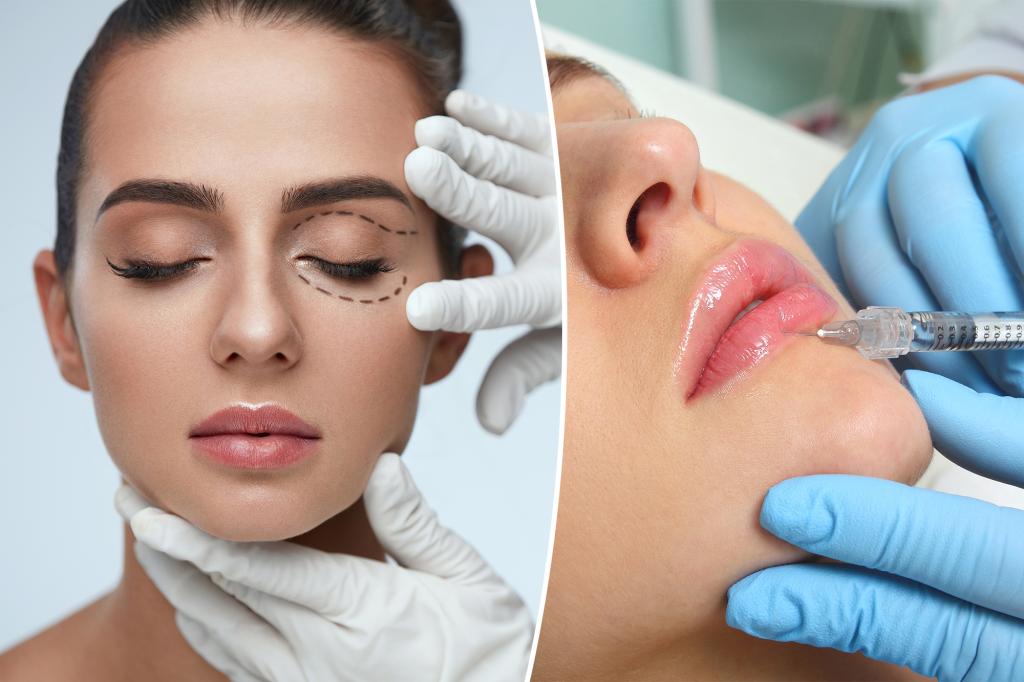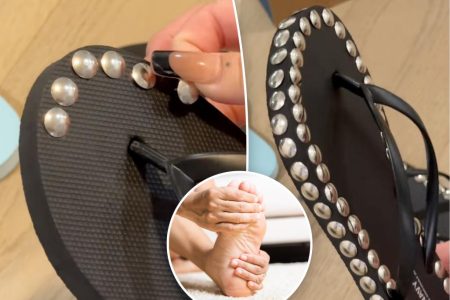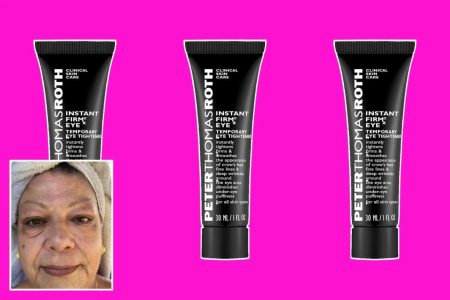A recent study conducted by researchers at Boston University has found that there is a significant link between social media use and the desire for cosmetic procedures. The study identified a phenomenon known as “Snapchat dysmorphia,” where individuals seek out cosmetic procedures to look like the filtered versions of themselves that they post on social media. This trend has been attributed to the rise of the “selfie culture” and the prevalence of photo editing software that allows users to alter their appearances.
The study revealed that a large number of participants reported considering cosmetic procedures, with a significant increase in the number of individuals seeking consultations with surgeons. Additionally, the researchers noted that the post-pandemic period saw a surge in individuals desiring aesthetic procedures, with many citing a boost in self-esteem as a motivating factor. However, the study authors cautioned that the filtered images on social media often present an unattainable standard of beauty, leading to unrealistic expectations for cosmetic procedures.
Previous research has shown the negative impact of social media on body image, particularly among teenagers. Concerns have been raised about the correlation between excessive social media use and issues like poor self-esteem, body dissatisfaction, and the development of eating disorders. The researchers from Boston University suggest that the increased focus on appearance during the COVID-19 pandemic, when screen time spiked, may have contributed to the rise in cosmetic procedures.
The study, published in the Journal of Clinical and Aesthetic Dermatology, surveyed 175 participants over a two-year period to gather insights on their social media use, attitudes towards cosmetic procedures, and willingness to undergo surgery. The findings indicated that frequent use of social media platforms and photo editing apps was associated with higher levels of body image dissatisfaction. Additionally, following celebrities, influencers, and accounts showcasing cosmetic procedures online influenced participants’ desire for aesthetic treatments.
In response to the study results, the authors have called for healthcare providers to engage in discussions with patients about their internet use and its potential impact on their self-perception and desire for cosmetic procedures. Dr. Neelam Vashi, one of the study authors and an associate professor of dermatology at Boston University, emphasized the importance of understanding patients’ motivations and goals in seeking cosmetic treatments. The researchers hope that these findings will prompt healthcare providers to have more comprehensive conversations with patients to better address their needs and concerns.















